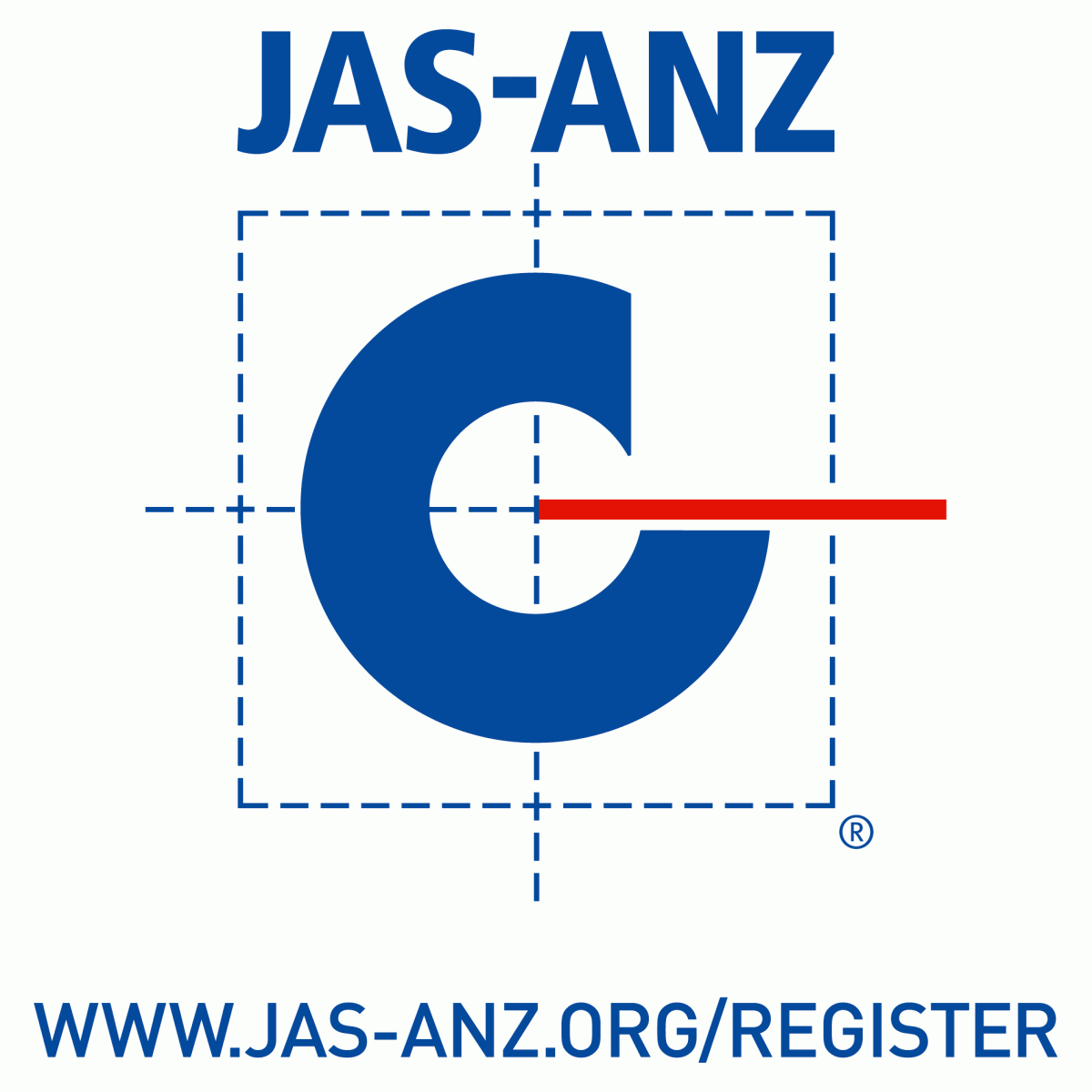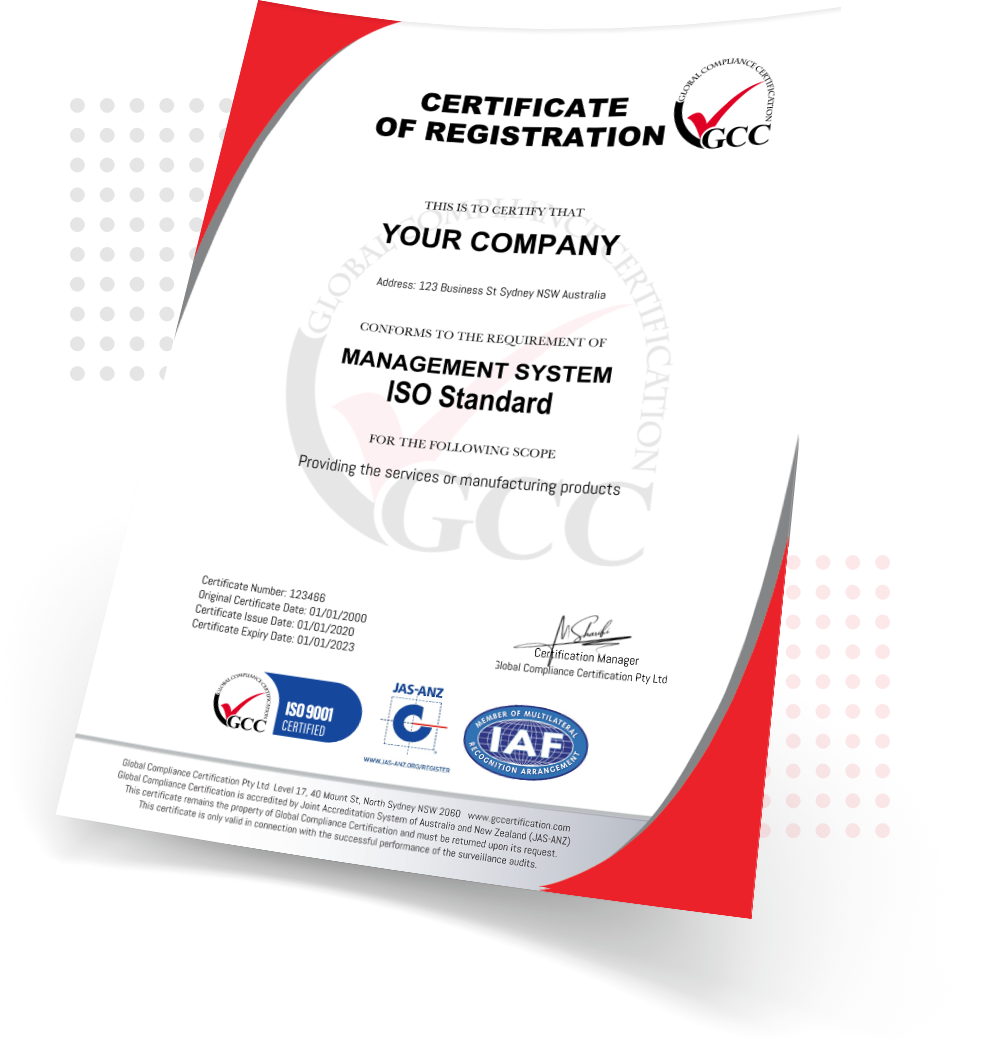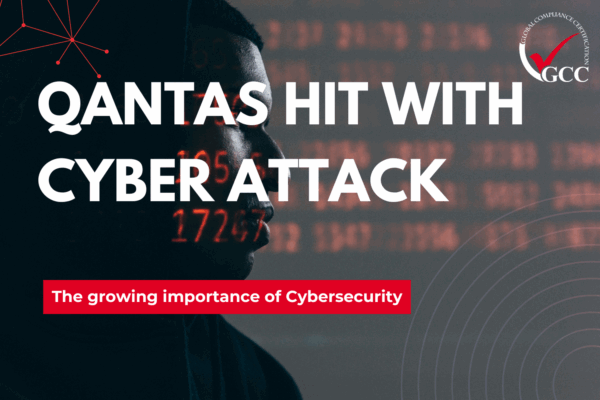
ISO 27701 Privacy Information Management System and GDPR
ISO 27701 highlights the internationally accepted approach to privacy protection as a component of the information security management standard (ISMS) including GDPR

About ISO 27701 Privacy Information Management System (PIMS) and General Data Protection Regulation (GDPR)
ISO 27701 highlights the internationally accepted approach to privacy protection as a component of the information security standard. It specifies how data controllers should implement controls to protect personal information and comply with the principles of privacy by design and default.
Certification to ISO 27701 assures stakeholders that your organization takes data privacy seriously. That’s why many countries worldwide are bringing in new regulations to protect people’s privacy. In Europe, GDPR regulations have already taken effect. While not international law, GDPR is shaping the global standards of privacy protection.
As these changes come into effect, organizations should become compliant with ISO 27701 guidelines on Privacy Information Management (PIM) and Data Protection by Design (DPBD).
ISO 27701’s privacy controls can help you demonstrate compliance with the GDPR as well. Organizations working to comply with GDPR or other privacy regulations and laws may use ISO 27701 and ISO 27001 to develop a management system and to build a strong compliance program. It is not GDPR certification, and it does not guarantee compliance, however, it assists organizations to build management systems (ISMS and PIMS) that can meet the requirements of the GDPR and other privacy regulations.
Overall, ISO 27701 provides a framework for organizations to implement a privacy management system that aligns with the requirements of the GDPR, helping organizations to comply with the regulation and protect personal data.
Quick Quote
Fill out the form below to find out more

Focus of the ISO 27701
- Extension to ISO/IEC 27001 and ISO/IEC 27002 for privacy information management.
- Enhances organization’s Information Security Management System
- Essential for organizations that are responsible for Personally Identifiable Information (PII) and other sensitive data
- Provides guidance for organizations looking to put in place systems to support compliance with GDPR and other data privacy requirements
Specific ISO 27701 controls that relate to GDPR
- Privacy policy and objectives: Privacy policy that reflects the GDPR principles, and objectives that support the policy
- Data protection impact assessment (DPIA): Identify and mitigate privacy risks associated with the processing of personal data.
- Privacy notices and consent: Provide privacy notices that explain how personal data is processed and obtain valid consent from data subjects.
- Data subject rights: Provide data subjects with the right to access, rectify, erase, restrict, and object to the processing of their personal data.
- Data retention and disposal: Establish policies and procedures for the retention and disposal of personal data, taking into account GDPR requirements.
- Data breach management: Procedures should be in place to detect, report, and investigate data breaches, and to notify data subjects and relevant authorities.
- Training and awareness: Provision of training and awareness programs to employees, contractors, and other parties involved in the processing of personal data, to ensure they understand their GDPR obligations.
Benefits of ISO 27701 Certification
- Reduces Security Breaches
- Builds trust with external stakeholders while strategically certifying parts of your business
- Supports several privacy law
- Integrates with other management systems and audits.
- Demonstrate to stakeholders and regulators that organization adheres to international best practices when it comes to securing personal data
- Builds a consistent framework to plan and implement an approach to ensure complete data protection for customers
Benefits of GDPR Assessment
- While ISO 27701 provides a framework for privacy management, a GDPR assessment can provide a comprehensive review of an organization’s compliance with GDPR requirements, helping to identify gaps and areas for improvement.
- >GDPR is a legal requirement. Performing a GDPR assessment can help organizations ensure they are meeting their legal obligations under the regulation.
- Demonstrating compliance with both GDPR and ISO 27701 can provide a competitive advantage by demonstrating a commitment to data privacy and protection that may exceed the standards of competitors.
Global Compliance Certification (GCC) has been selected and qualified as EuroprivacyTM® official partner by the European Centre for Certification and Privacy. Click here to know more about GDPR
Certification Process
Certification involves GCC assessing your organisation in order to ascertain that management systems meet the requirements of one or more recognised standards. Becoming certified to a nationally or internationally recognised standard is of great benefit to an organization. It improves overall performance, builds confidence within stakeholder groups and broadens the scope of new opportunity.
Application/ Contract
- Application for certification by client
- GCC will review and provide certification proposal
- Client accepts the agreement and return to GCC
- Audit dates will be booked
- GCC conducts Gap Analysis (optional)
Certification Audit/ Transfer
- Stage 1 Audit, The Audit team will assess documentation and readiness of management system for Stage 2 Audit
- Stage 2, Certification Audit, Audit team will assess implementation of system and will verify any issues outstanding from the Stage 1 Audit.
- Organisation will be recommended for Certification after review and positive decision by the independent GCC certification Authority,
- A Certificate will be issued
Maintaining certification
Surveillance Audits
Each issued certificate has a three-year life period. Upon certification, an audit program will be created for regular audits over the three-year period. These audits confirm company’s on-going compliance with specified requirements of the standard. At least one surveillance audit per year is required.
Read our policy for use of Certification Marks
Re-Certification
Re-Certification
The certification expires within 3 years and a re-certification Audit will be conducted prior to the expiry date to ensure that Management System is maintained.
Frequently Asked Questions
ISO 27701 is a standard for privacy protection that provides guidance for establishing, implementing, maintaining, and continually improving a Privacy Information Management. It offers the internationally accepted approach to privacy protection as a component of information security.
Organizations looking to get certified to ISO 27701 in order to satisfy GDPR requirements will either need to have an existing ISO 27001 certification or implement ISO 27001 and ISO 27701 together as an integrated management system audit.
The GDPR is an updated version of the EU Data Protection Directive, which was created in 1995. This legislation came into effect on 25th May 2018 and aims to protect European Union citizens’ personal data by imposing strict requirements on how this data may be processed.
The GDPR is governed by following key principles: Lawfulness, Fairness, Transparency, Purpose limitation, Data minimization, Accuracy, Storage limitation, Integrity and confidentiality, Accountability. These principles guide how data may be handled to ensure the privacy rights of data subjects. They are frameworks designed to enhance the broader purpose of GDPR.
ISO 27701 and GDPR have several requirements in common, e.g: Data Confidentiality, Risk Assessment and Accountability for Data Breaches. They both aim to support data privacy and emphasizes on the process of obtaining, managing, and protecting data and information.
If you wish to become GDPR Compliant, you may consider getting Certified to ISO 27701. GDPR requires that your organization to demonstrate compliance with the law. You can demonstrate this by getting certified to GCC’s ISO 27701 scheme which covers majority of requirements of GDPR
Our ISO 27701 certification has been developed in line with and to comply with GDPR and other personal data regulations.
The ISO 27701 standard designates responsibilities for data protection based on organizational requirements. It builds privacy into systems and processes by embedding it into system designs, workflow processes, and human behavior. It also provides guidance on how to identify, classify and label personal data that is collected or handled
An ISMS is an information security management system. But what exactly does this mean and what is the purpose of an ISMS? An ISMS describes your company’s information security and privacy procedures and processes. It is intended to demonstrate the measures you have taken to ensure that the information stored in your systems is protected from outside threats. It also covers the plans you have made to deal with any security breaches if they should occur. Whether or not your organisation wishes to achieve ISO 27001 certification, it’s important to have an ISMS in place that clearly states the steps you have taken to secure your infrastructure and the sensitive data it contains.
The decision to establish and implement an ISMS should be made by top management; however, security responsibilities lie with everyone in the organisations. Management, personnel and even contractors are a part of the ISMS and may present a significant risk if not trained well.A common awareness program may be good to start but needs to be followed up with documented policies and procedures with clear responsibilities for protecting data and information. Policies and procedures can facilitate Access to information as well as Integrity and Confidentiality (CIA), can help mitigate the risk of a breach and guide staff in specific situations. Well implemented policies and procedures are an indication of an organisation’s strength on security and may enhance people’s commitment to ISMS.
The confidentiality, integrity and availability of data and information are the focus of ISO 27001. These three are usually threatened by a variety of internal and external threats and the only way we can protect our data and information is a proper risk assessment. Risk management helps us to target our efforts and security measures in the right place at the right time. No organisation has unlimited resources, and need to use resources wisely as per the risk assessment.
Risk assessment is an important element of information security management systems. The methodology used for risk assessment is particularly important to be effective, otherwise it would be hard to identify and evaluate risks an organisation have and difficult to define right and effective security response. Every organisation has its own specific environment, specific structure, business model, and culture, and needs to design and agree on its own specific Risk assessment methodology.
There are a number of mandatory requirements that must be met to achieve ISO 27001 certification, the two most important of which are:
- Defining the Scope of Your ISMS – You need to produce a detailed definition of the information your system is designed to protect
- Risk assessment/treatment methodology – This should identify all potential threats and how you intend to deal with them.
If you would like to obtain ISO 27001 certification in Australia or elsewhere, please get in touch to discuss the certification process with a member of our team. In the meantime, you can check out our code of conduct to get a better idea of how we operate.
GCC Training
Empower your team with our self-paced efficient training.








